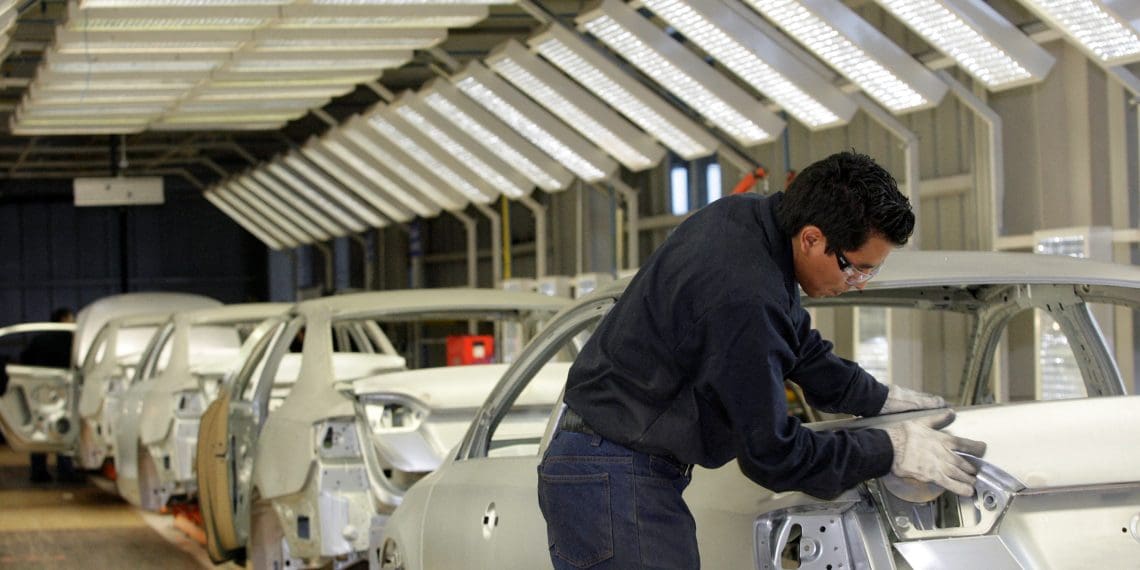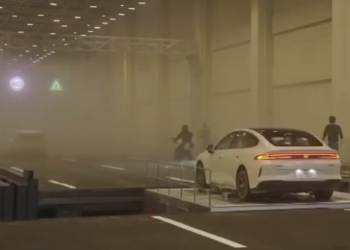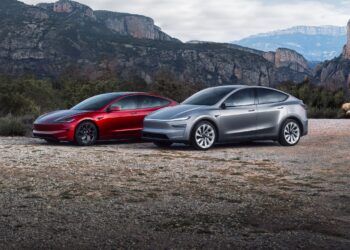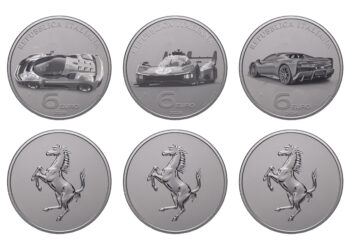In a surprising shift, Volkswagen is set to abandon its direct-to-consumer (DTC) sales model for electric vehicles (EVs) in major European markets. The decision comes as the German automaker grapples with the complexities of managing both EV sales and traditional combustion engine operations, signaling a major re-evaluation of its strategy amid slow EV adoption rates.
A pivot away from Tesla’s playbook
The move marks a notable departure from the Tesla-inspired model of bypassing traditional dealerships in favor of selling directly to consumers via online platforms and branded stores. While Tesla’s approach revolutionized the EV market, Volkswagen has found the DTC model challenging to execute effectively in the structurally diverse and fragmented European market.
“The current structure simply doesn’t deliver the best customer experience,” the company admitted, hinting at deeper changes to its EV sales strategy that could extend beyond a return to traditional dealership networks.
How DTC worked—and why it’s changing
Volkswagen’s DTC approach, in place since 2020, involved working with dealership partners who received fixed margins without bearing inventory or marketing costs. The model applied to Volkswagen, Audi, Škoda, and commercial vehicles across France, Germany, Poland, Spain, and the UK. Despite these partnerships, the company struggled to streamline the customer experience and compete with rivals like Tesla.
While most of Volkswagen’s EV sales will transition back to traditional retail channels, notable exceptions remain. The brand’s sporty Cupra division will continue with the DTC model across Europe, while in Ireland, all Volkswagen vehicles—regardless of their powertrain—will be sold directly to consumers.
A restructured Volkswagen under pressure
This strategic pivot comes as Volkswagen undergoes a sweeping reorganization aimed at reducing costs and boosting efficiency. The company recently announced plans to close three factories in Germany—an unprecedented move in its 87-year history—and is preparing to shut down its Audi plant in Brussels by February 2025, a decision that will result in 3,000 job losses.
The automaker has also outlined aggressive cost-cutting measures, including reducing salaries for 10% of its workforce and slashing tens of thousands of jobs. At the same time, Volkswagen is accelerating production processes and shortening development cycles to better compete in a rapidly evolving automotive market.
The bigger picture: challenges in the EV transition
Volkswagen’s decision to scale back DTC sales underscores the challenges traditional automakers face in transitioning to electric mobility. While the EV market grows, adoption has been slower than anticipated in key regions, compounded by infrastructure hurdles and economic uncertainty.
The company’s struggle highlights the difficulty of managing parallel systems for EVs and internal combustion vehicles while meeting consumer expectations and maintaining profitability.
What’s next for Volkswagen?
As Volkswagen navigates these headwinds, its retreat from the DTC model may offer a more sustainable path forward in Europe. By leaning on traditional dealerships, the company could simplify operations and focus on delivering a better overall customer experience. However, with factory closures, layoffs, and market pressure mounting, Volkswagen’s ability to execute its ambitious restructuring plan remains a critical question.
The automotive giant is at a crossroads, and its next moves will shape not only its future but also the broader transition to electric mobility across Europe. For now, all eyes are on how Volkswagen adapts to an increasingly competitive and volatile market.










